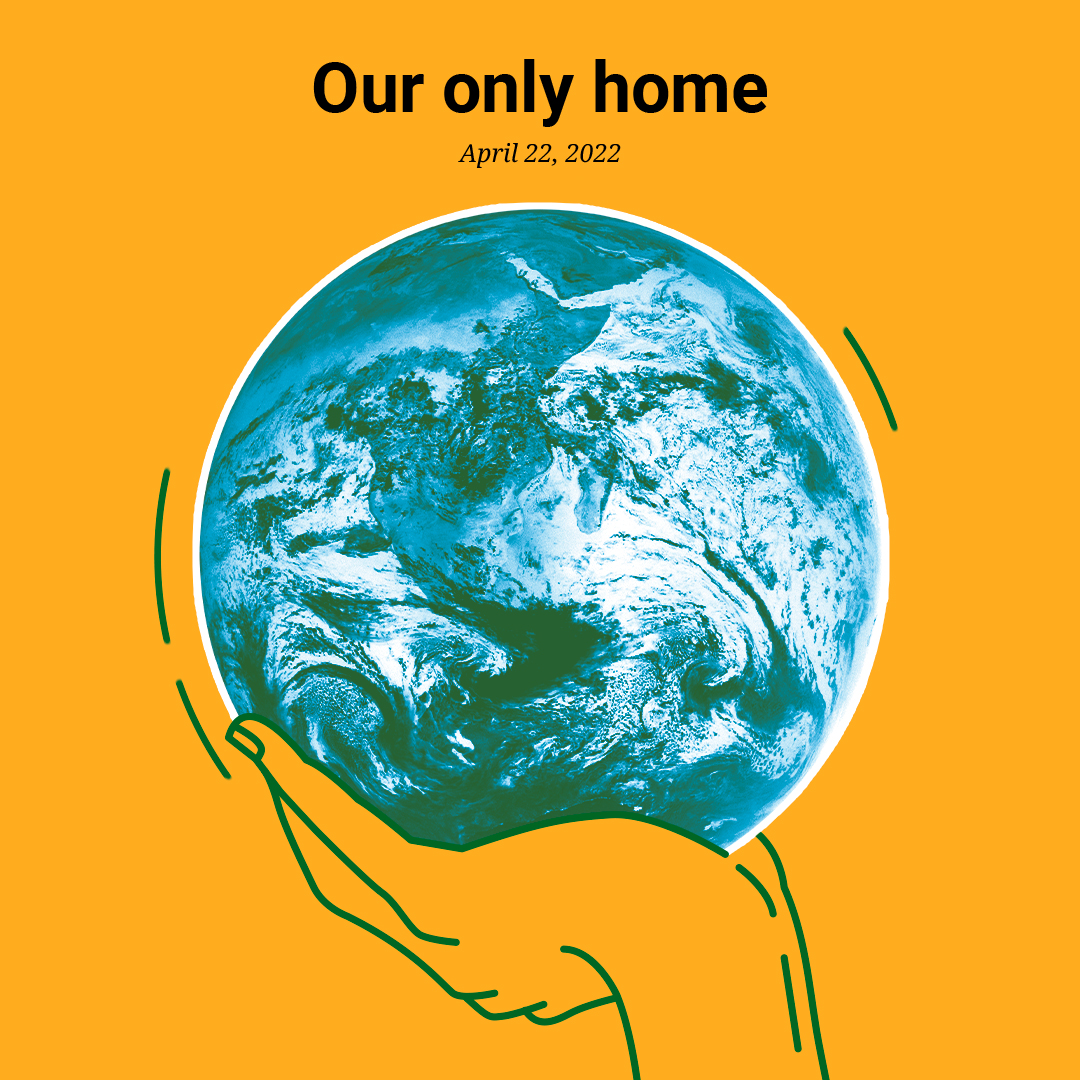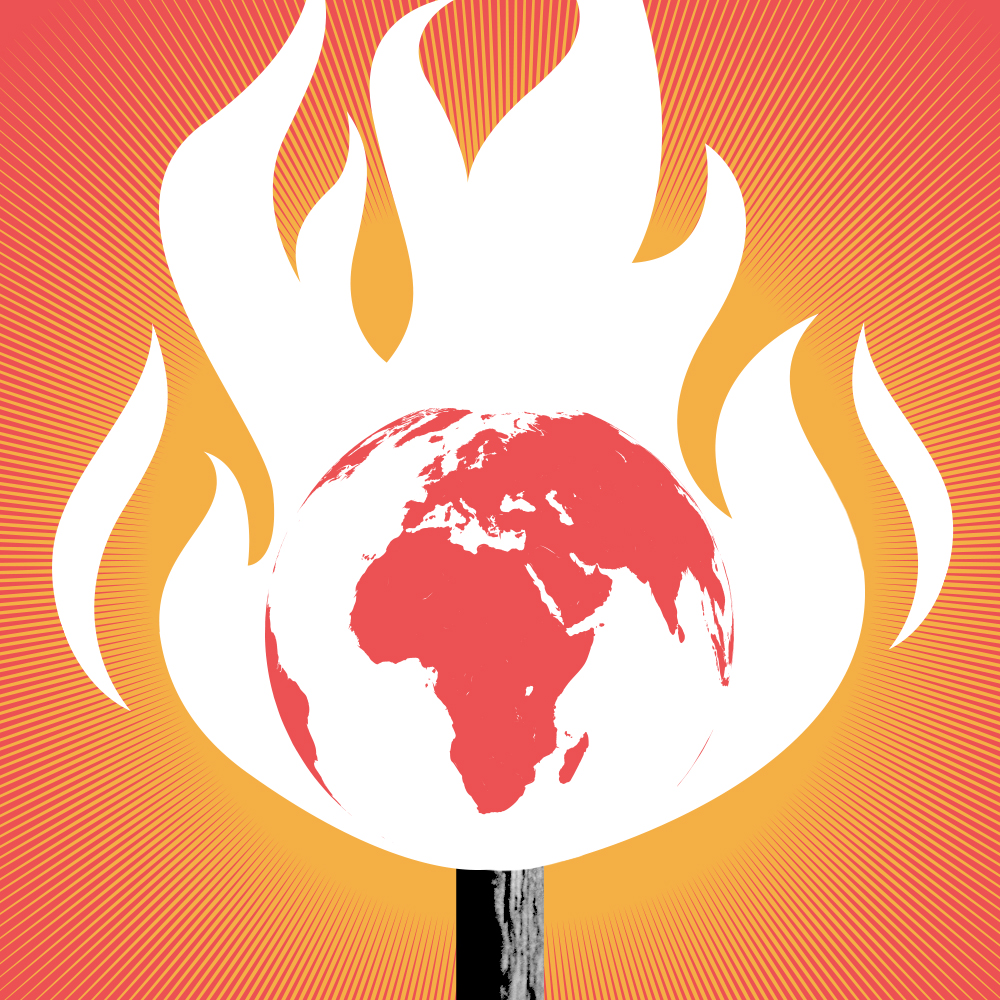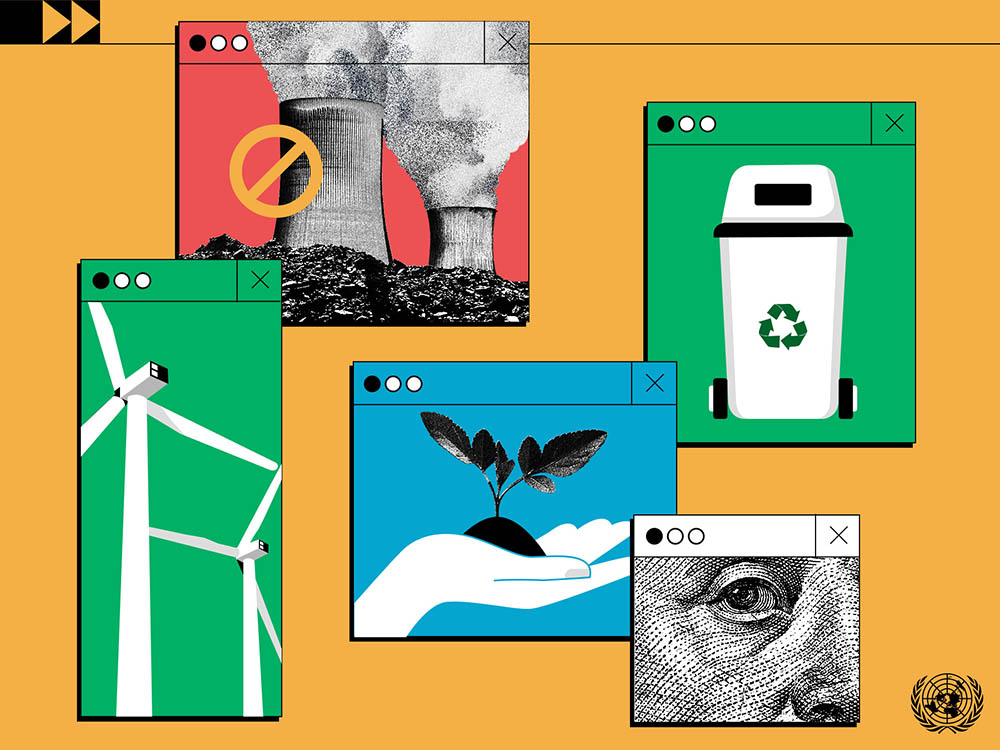Science, Solutions, Solidarity
For a livable planet

UN climate conference in Belém, Brazil
COP30 concluded with an agreement on a wide range of climate issues among all 193 countries present at the conference, showing that nations can still come together to confront the defining challenges no country can solve alone. "COP30 has delivered progress," UN Secretary-General António Guterres said. But he urged countries to go further, through deep and rapid emission cuts and credible plans to transition away from fossil fuels and toward clean energy.

Meet the new Youth Advisory Group!
A new cohort of young climate leaders have just begun their term as the UN Secretary-General’s Youth Advisory Group on Climate Change. Meet the 14 changemakers here!

Local leaders driving change
The Local Leaders series features mayors, governors, and others making cities and regions future-ready, showcasing how communities benefit from initiatives addressing the climate crisis.
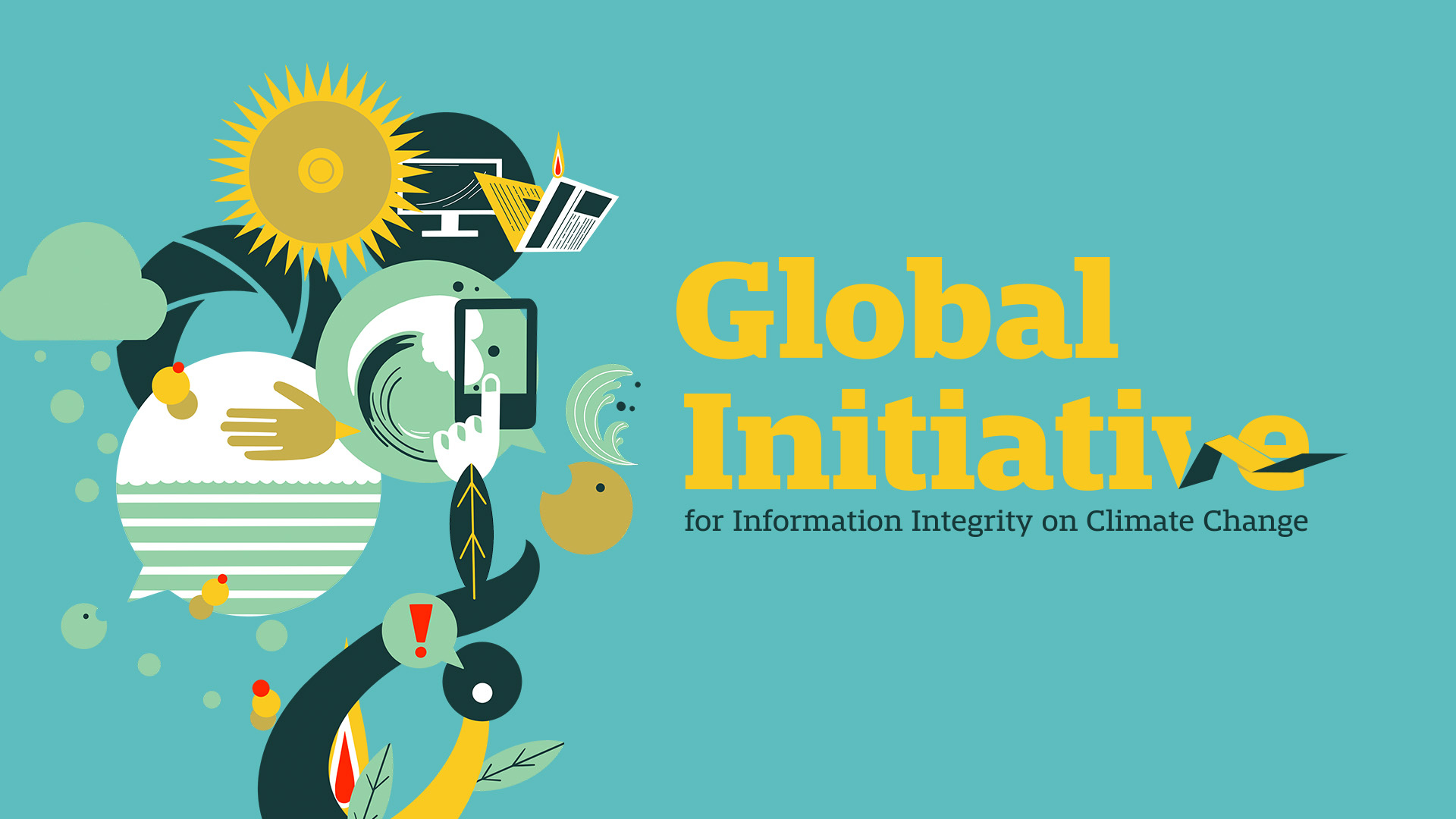
For information integrity
Brazil, UNESCO and the UN have joined forces to strengthen research to counter narratives that are delaying and derailing urgently needed climate action.

Facts on climate and energy
Climate change is a hot topic. Read up on some essential facts. Share them, use them and talk about them to help build support for urgent action.
The clean energy future is no longer a promise. It’s a fact.
ANTÓNIO GUTERRES, United Nations Secretary-General (22 July 2025)

Watch, Listen and Share
Voices from the Amazon forest
Indigenous Peoples and traditional communities in Acre, Brazil, are pioneering forest conservation — and shaping how climate finance is used to keep their forests standing.
Jordan's restoration success story
Jordan's first botanic garden turned a potential conflict between ecologists and local herders into a restoration partnership. Together, they have revived 180 hectares of degraded rangelands, increased grazing opportunities and improved livelihoods.
This is how we track disasters like never before
Tracking and understanding disasters can help limit their impact on lives, economies, and ecosystems. Find out how countries can use the Disaster Tracking System (DTS) – a tool that helps monitor disasters more accurately and better inform decision-making.

Climate issues
What do food, health, water or energy have to do with climate change?

National climate plans
What are Nationally Determined Contributions, and why do they matter?
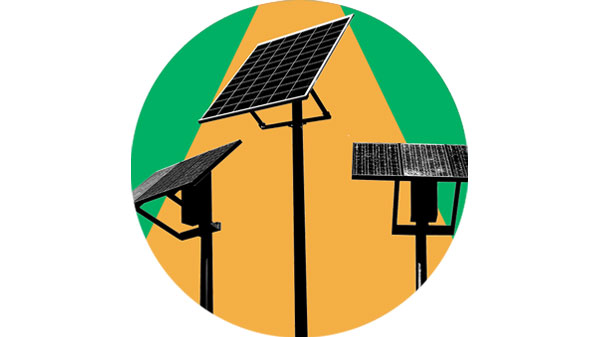
Powering a safer future
Why shift to renewables like wind and solar? Find out here.


